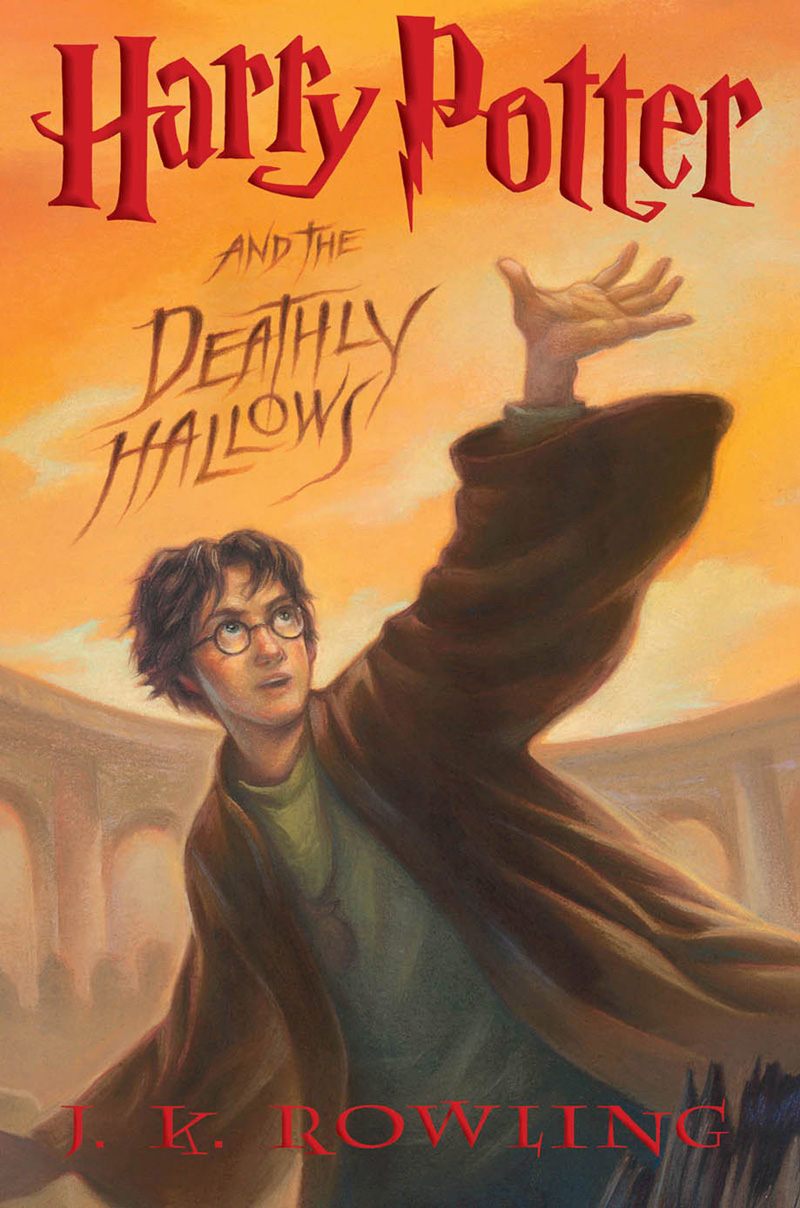My parents took me to Acapulco when I was 8. They aren’t the adventurous sort, so we didn’t eat outside of our hotel. It had five or six restaurants that served memorable dishes such as huge fresh shrimp, fried sardines, fresh mango and papaya, real Caesar salad with raw egg rubbed in the bowl (this is when I learned the Caesar salad was invented in Mexico), and house-made sugarcane pancake syrup. I remember being disappointed in the flavor of the sugarcane syrup and afraid the tiny lizards scrambling around the walls and ceiling of the patio café would manage to fall into my food. I remember feeling as though the presence of the tiny lizards was somehow responsible for the unusual taste of the syrup.
Our favorite dish was the make-your-own taco extravaganza served in the hotel’s Mexican restaurant, which served a mix of authentic and Tex Mex dishes. The make-your-own taco dish was served in two or three earthenware platters with molded sections to hold all the taco ingredients. These included avocadoes, skirt steak, chicken, pork, onions, cilantro, and tomatoes. My two favorite things were the pool of melted white cheese, (up to this point I hadn’t met a white cheese I liked), and the marinated baby potatoes. I first thought the baby potatoes were cocktail onions and wouldn’t touch them. I soon discovered they were not cocktail onions and realized instead that they were vinegary and herby and that potato skins could actually be good.
I am reminded of my marinated Mexican potatoes when Hemingway takes himself to lunch at Sylvia Beach’s insistence and orders for himself beer, potato salad, and sausage on page 72 of A Moveable Feast. I wonder how a person can remember so much detail from something that happened almost 40 years prior, then I realize I never would have remembered the lizards at the café in Acapulco if I hadn’t taken time to consider that nasty sugarcane syrup. Right now I’m drinking green tea and I know that later when I read this paper again I will remember not only the taste of the green tea, but also how utterly impossible it is to describe the odd sensation in my mouth after a sip of it.
I think taste can be an even stronger link to memory than smell. Since he has prefaced this work with the words, “this book may be regarded as fiction,” Hemingway may be fabricating some details of his meals, but I think it’s possible to remember exactly what one ate on a certain occasion. While in Paris, eating good food allows him to consume Paris, literally making Paris a part of him that stays with him for the rest of his life. I’ve noticed a lot of people talk about food when they reminisce about travel. Is it because eating is one of the most important parts of experiencing a culture? Is it because when you’re somewhere different from home you naturally encounter outstanding food and drink—or are food and drink more easily committed to memory because you’re more attuned to your senses?
Another thing that strikes me about this particular meal is the fact that beer, potato salad, sausage, and bread constitute a meal of comfort food—especially for a man raised in the Midwest. Sylvia Beach’s admonishment to “eat a good hot lunch,” (71), sounds like something a mother might say to her son. I also notice that Hemingway and Beach’s entire conversation surrounding this admonishment is about a German magazine and its German publisher. The meal at Lipp’s manages capture all of these elements in one specifically Parisian-tinged Germanic-Midwestern meal of comfort food on a day when a man is starving and his friend’s motherly advice is to “eat a good hot lunch.” I wonder if it truly happened that neatly in real life or if this is the fictional element Hemingway warned us about at the beginning?
What I do know is that I cannot read the line, “[t]he pommes a l'huile were firm and marinated and the olive oil delicious,” without remembering my own marinated potatoes, and over the weekend I had to make myself some French potato salad and sausage and eat it with bread and beer. It was delicious.













No comments:
Post a Comment